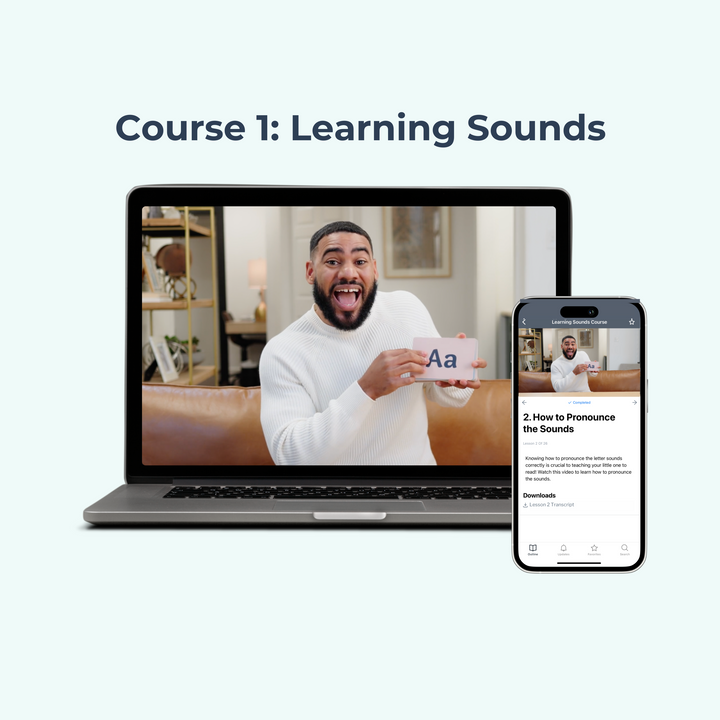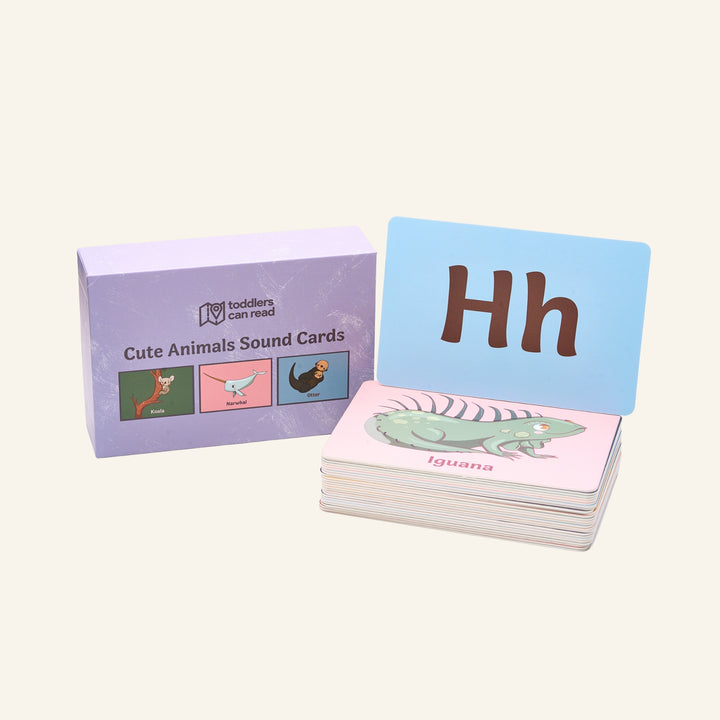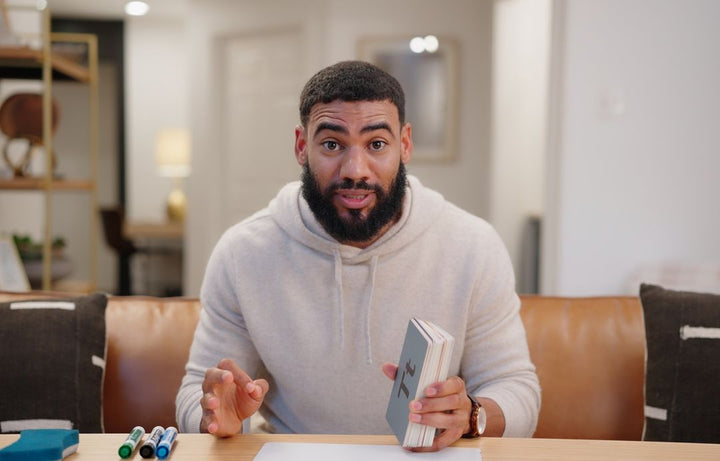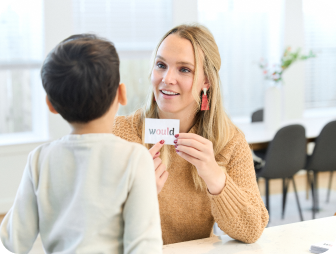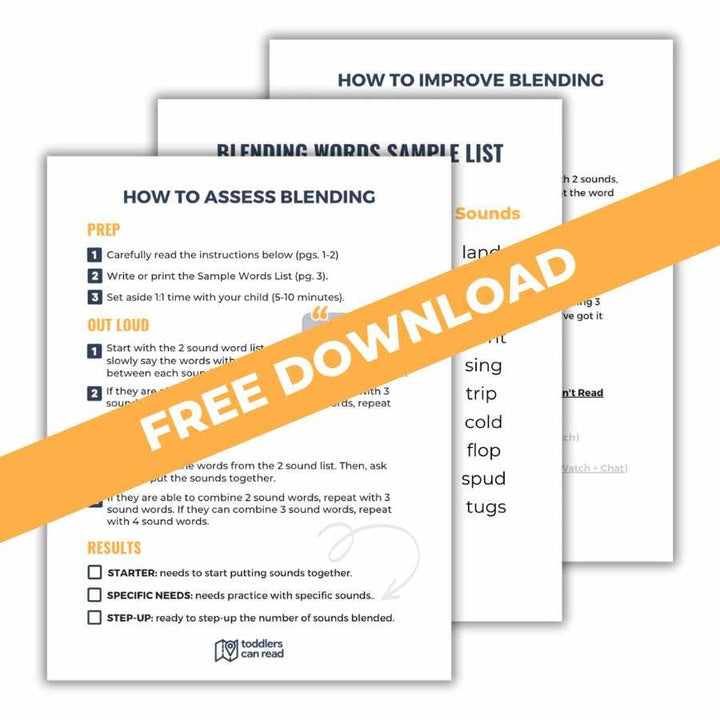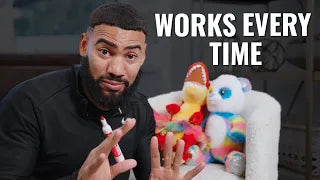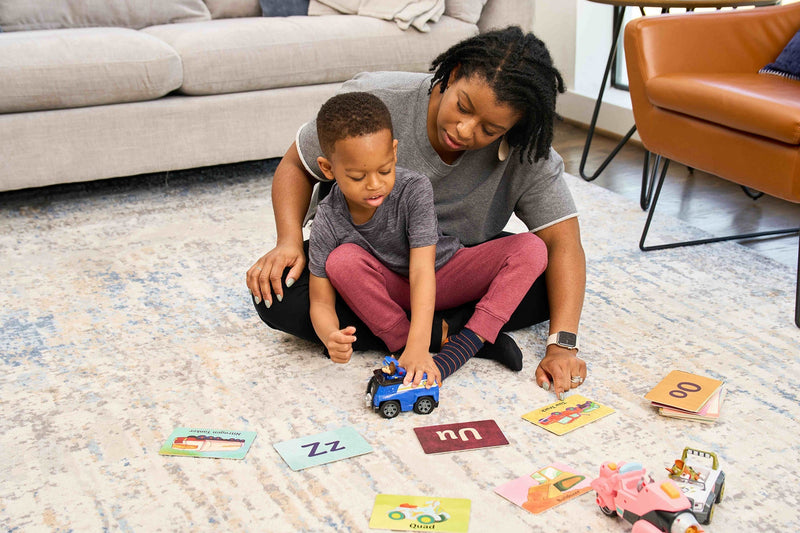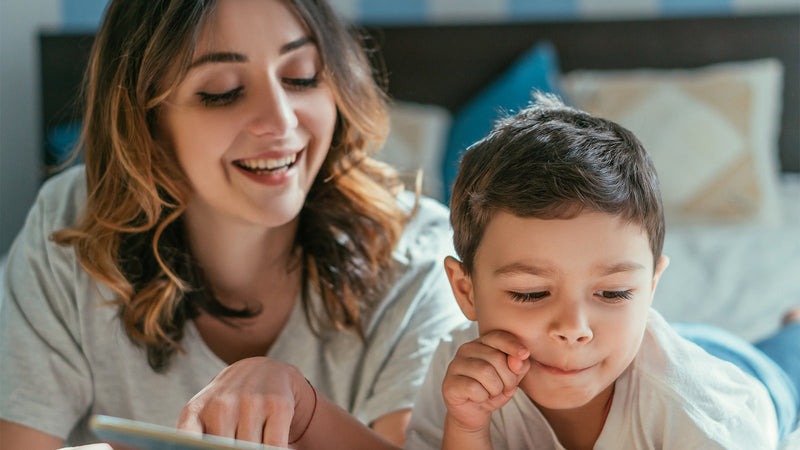When I was teaching my son to read, I scoured the shelves and investigated the internet to find the best beginning reader books.
And here’s what I discovered: Although it’s easy to find high-quality educational toys and games, most of the beginning readers out there just don’t cut it.
- Poor construction means they’re flimsy and easily rippable.
- Boring, outdated story lines make them unappealing to kids.
- They're designed for parents to read to kids, not the other way around.
- They focus on sight words instead of helping kids practice actual reading.
Whether you’ve experienced this same frustration or you’re just starting your book search now and don’t know where to begin, this post will help!
(If you’re short on time and you’re just looking for the best beginning reader books, pick up a set of Toddlers CAN Read decodable books.)
8 Qualities of The Best Books for Beginning Readers
#1 The best books for beginning readers are decodable.Decodable books leverage phonics instead of sight words, which means they encourage your child to sound out words instead of memorizing or guessing them. Grounded in scientific evidence and reading best practices, decodable books are essential to helping your child learn and practice independent reading!
#2 The best books for beginning readers are made with high-quality materials.Learning to read takes time, and typical beginning reader books just don’t last. So seek out books made with premium materials can take a beating. (Kids are hard on stuff!)
#3 The best books for beginning readers have modern, inclusive illustrations.The best-selling early readers on the market are filled with internet clipart or outdated illustrations from the 1980s. Before purchasing books for your kid, make sure the illustrations will hold their attention and get them excited about reading.

I realize that sounds obvious. But while most beginning reader books market themselves for the earliest readers, when you flip through the pages, you’ll find words much too complicated for new readers to grasp.
Especially as your child is working on blending, it’s important to build a foundation by starting slowly. Matching your child’s pace decreases frustration, builds their confidence, and promotes reading independence. You want books your child can read independently, not that you have to read with or for them.
#5 The best books for beginning readers use fonts intentionally.Font choice seems trivial. But for kids—especially those with dyslexia and other learning differences—fonts really matter.
Excellent beginning reader books have fonts that help kids recognize letters easier and faster. If “b” looks like “d,” and “p” looks like “q,” leave those books on the shelf. The same goes for letter and word spacing; if everything is squished together, it will be harder for your kid to decode the words.
#6 The best books for beginning readers include supplemental materials.Early readers often struggle as they learn—and you’ll likely struggle as you teach. That’s because reading isn’t a natural skill; it’s a learned and practiced strategy. Worthwhile beginning reading books have supplemental support materials to help you guide your child through their challenges.
#7 The best books for beginning readers provide story previews.Through a preview of the story they’re about to read, kids get excited and engaged. Building interest is the first step for early readers, so make sure your beginning reader books are checking this box!

It can be tempting to purchase a huge box set of beginning reader books. Often, though, when you take a look inside and compare book one to book 10, there’s not much of a difference. That means your child will get really good at practicing the same skills over and over. But how will they advance and build confidence if they’re not presented with those opportunities?
Look for decodable sets that are intentionally progressive in skill development. For example, book 10 should be longer, include more tricky words and sounds, and have more sounds per word than book one.
Decodables New Readers Love
Beginning readers learn best when they have access to books they love to read. So we wrote them!
Our books encourage kids to sound out (decode) words, rather than memorize them, so they can apply their new skills to new words and grow their confidence fast. Plus, every book includes a parent guide so YOU can help your child learn to read!
Check out what literacy coach, Welsley Jonkgo, had to say about the TCR Decodable Books.
